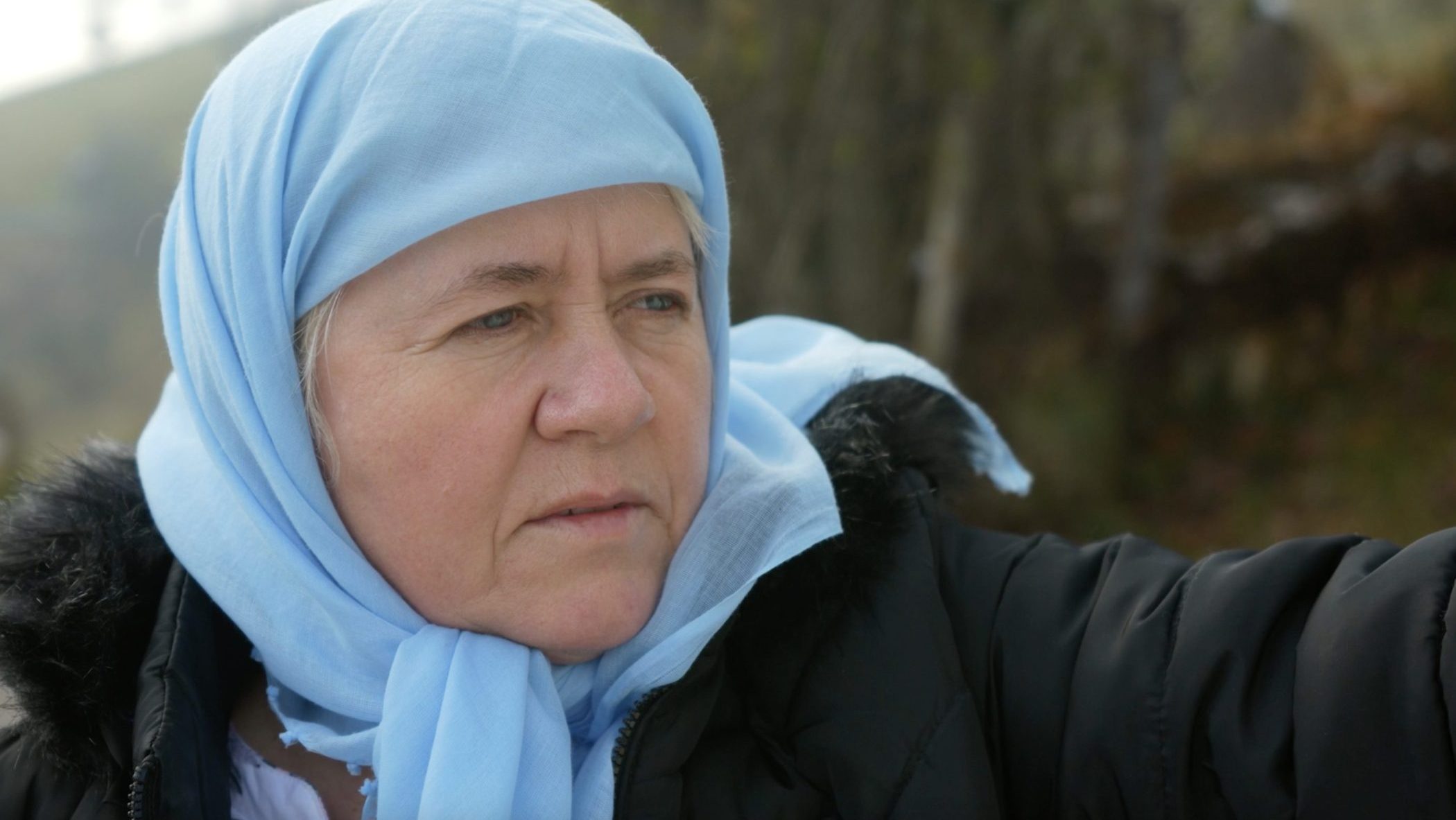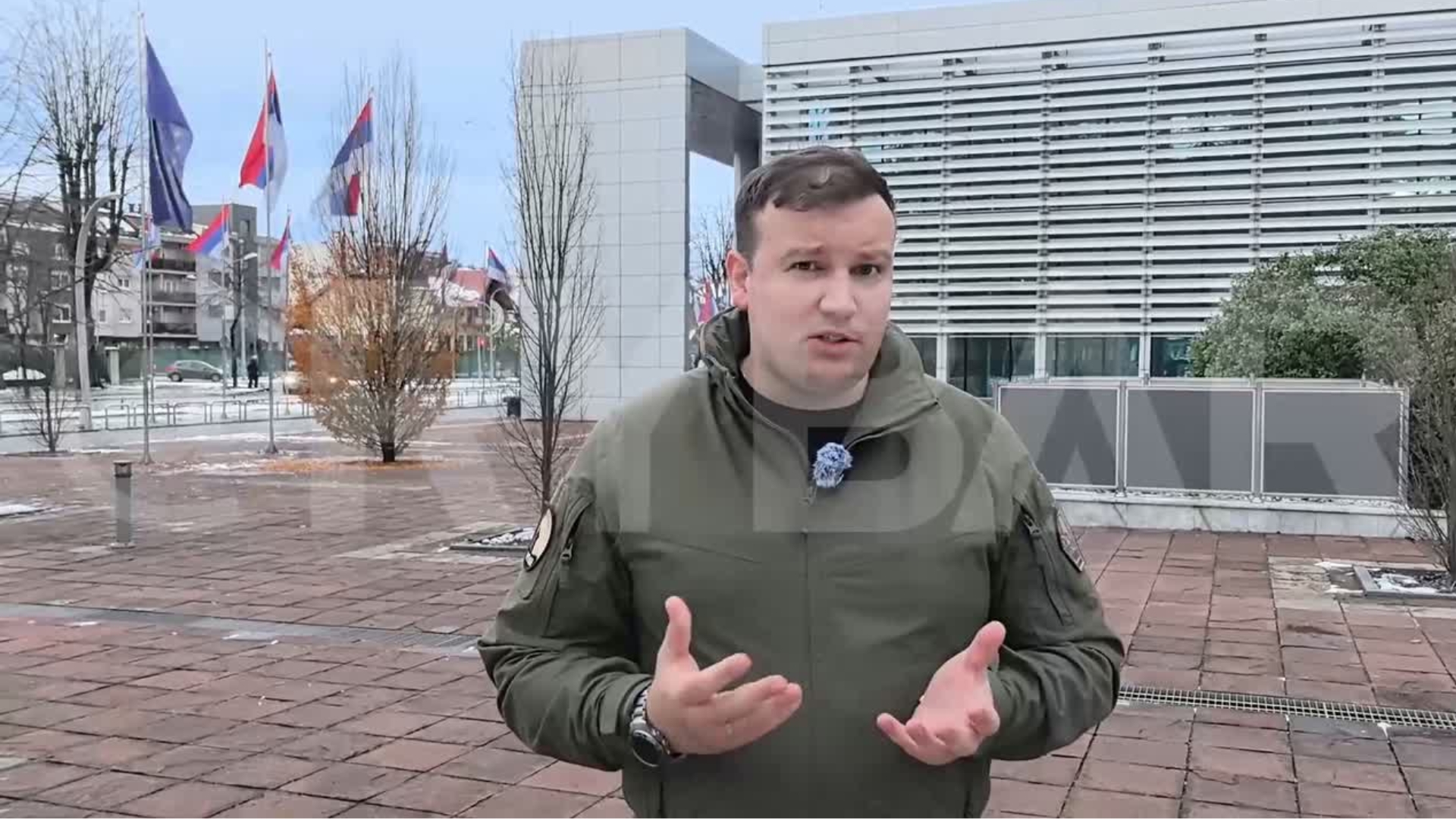A court in Chinsinau convicted three Moldovan citizens of participating in Russian-led training camps in Bosnia and Serbia in 2024 in order to incite unrest and disrupt elections at home.
In a corner of Bosnia, a Serb mercenary who fought for Russia in Ukraine has been bringing live pictures of Russian drone attacks to his followers on TikTok even as...
‘They send people to their deaths,’ Bosnian Selver Hrustic says of the Russian army in an interview from his prison cell in Ukraine.
Case files obtained by BIRN and the fifth estate document the globe-trotting lifestyle of a Canadian maths whizz who went to ground in 2021 allegedly with tens of millions of...
A Sarajevo-based firm is offering apartments for sale in Dubai and claiming clients can pay in cash or cryptocurrency without having to prove the origin of their funds.
Presenting himself as a religious authority and humanitarian, Alen Kotoric used the TikTok profile Hadžija to collect money from followers around the world for months, convincing them they were helping...
To help school teachers learn more about how to teach students about the war in Bosnia and Herzegovina, a group of teachers from several towns and cities visited detention camps...
After the state prosecution again filed most of its war-crimes indictments for the year in the last three days of December, there were questions about the motives.
Dzemila Hodzic thought she had buried her brother 30 years ago – but now knows the grave did not contain his remains. She is not the only one to suffer...
Journalists Azra Husaric Omerovic and Lejla Memcic Heric are this year’s recipients of an award for professional reporting given by the Nas Most Association, for a photographic report on Srebrenica...
During the campaign for the early elections for the Republika Srpska presidency, hate speech was used on a daily basis, with the most frequent source being SNSD party leader Milorad...
A representative of Russian media outlet Rybar, which was sanctioned by the UK for spreading propaganda and trying to sway elections, was in Banja Luka for November’s Republika Srpska presidential...











